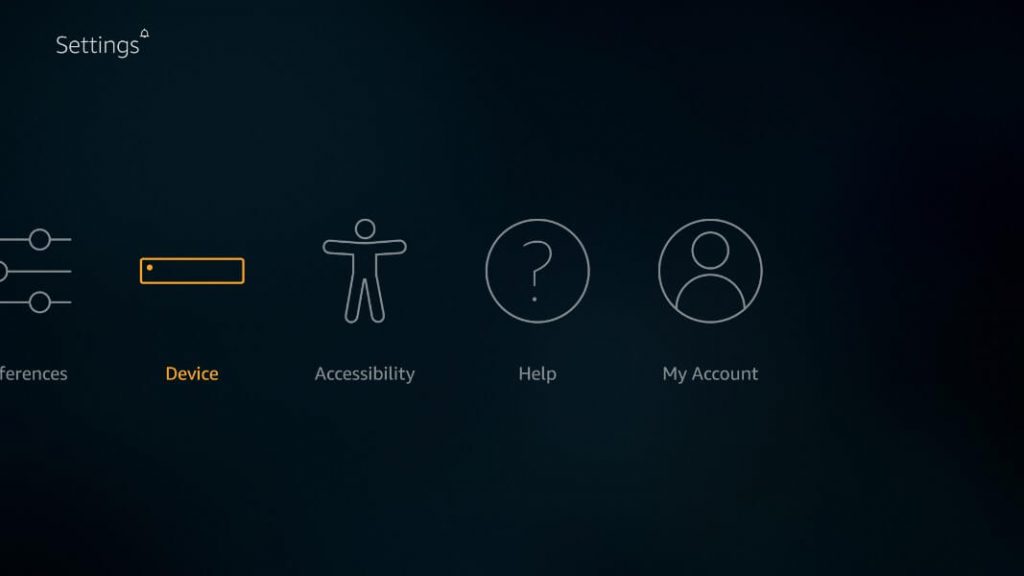

Tourism: lots of people dislike dealing with taxis. This will lead to legislation & new solutions requiring aimless vehicles to actually get off the roads, albeit into more compact storage. I've spent a whole day in NYC driving in circles (while the family enjoyed scenic stops) in lieu of finding & paying for expensive parking would be nice to just get out and let the car wander, using roads as "parking in motion". Parking: there will be a "Napster"-type stage of anarchy where self-driving cars won't park, they'll just slowly roam around until the owner calls it back. No longer bound by parental availability, parents can just authorize the kid to get in and be taken somewhere. Play: like above, parents will be more likely to let the kid travel a non-trivial, non-walkable distance to play with friends. The one thing stopping my kids from going to a preferred school is we can't drive 'em there at that time give me a trustworthy car and I'll let it take them there. Get in car, car takes kid to school & back. There's an age where a kid could be trusted to walk alone, but not ready to "drive" there. Between 06:00 and 08:00 and again between 18:00 and 20:00 the fleet needs to be moved to storage.Įducation: more kids "driving" themselves to school. On the other hand, from 20:00 to 06:00 the peak demand capacity of an autonomous car fleet needs to be parked somewhere. Public transit can be sized more closely to peak demand. Public transit addresses fluctuation with a low nominal cost of providing surplus capacity to normal operation in the form of standing room. Other days, a statistically likely but atypical number of riders don't work from home and there are not enough vehicles to go around. Some days an unusually high, but not statistically unlikely, number of riders all stay home: the idling vehicles need to sit somewhere. Consider a population of workers each of which sometimes works from home. Mathematically, on demand vehicles are probably harder to schedule because of random variation in queuing. A fleet of vehicles has to be staged to meet fluctuating demands. Vehicle fleets don't solve the spatial and temporal realities that are reflected in the schedules and routes of public transit. It becomes clear, to me, that the internet of vehicles will be even more disruptive then the internet itself. Is to pick a seemingly unrelated industry and explore how current car-related assumptions underpin it. The best way to understand the depth of the upcoming changes housing (what happens to all those garages? Do we build shipping-container sizes homes that fold it wherever they park?) distribution (imagine Amazon’s FBA on steroids) On health, I’ve barely scratched the surface. And given how much people care about their kids educations, I expect the movements in this space to be highly disruptive. This makes for much more fertile territory for new schooling concepts - if I want to start a new kind of high school, one where the kids spend a bit of time each day tending to farm animals or perhaps studying entrepreneurship, it now becomes 10x easier to build critical mass. The demand for better public high schools will explode as the friction in going to a high school 25 minutes away in an awkward direction evaporates. Primary and high school education are both built on cars - we just don’t realise it, but a crucial underpinning factor for parents using a local school is its convenience for them in dropping their kids off and picking them up. But this is the one I’m currently most excited about. How will autocars affect people’s desire to exercise? Will more people ride bikes as a result of the increased safety of the roads?Įducation - at first glance, it’s hard to see. How will this affect the need for aged care nurses? Will their doctors come to them?īut we can go even deeper. Will seniors stay at home for longer? Absolutely. Why would someone wait minutes for one to arrive when they can just hop in an autocar to go the hospital? Or would the entire emergency room itself be on wheels? (Less likely.)

Health - beyond the obvious effects on the emergency room, what else? Ambulances willl quite clearly be affected.

You can have a lot of fun in picking a random industry and imagining the effect that self driving will have.


 0 kommentar(er)
0 kommentar(er)
